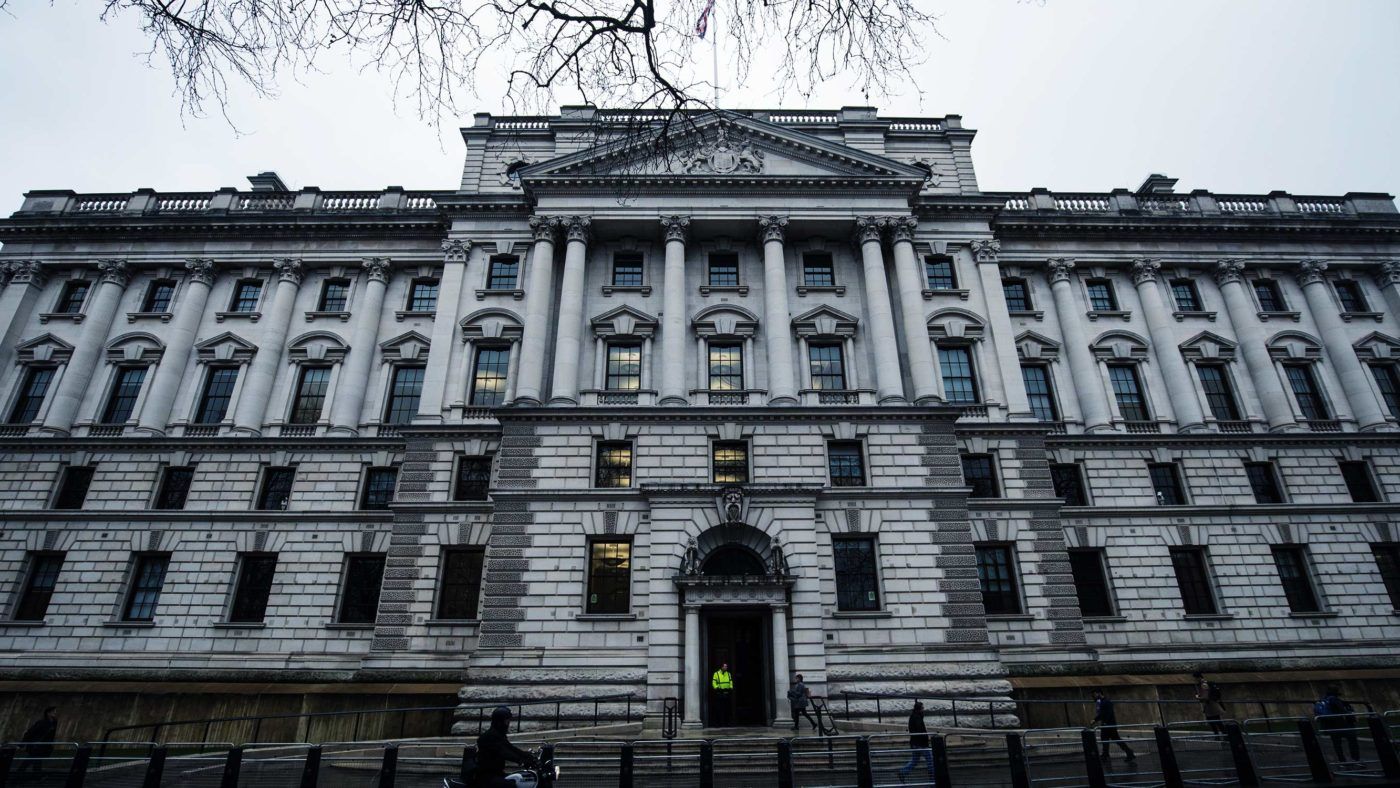In an interview with the French newspaper Le Monde, Chancellor of the Exchequer Philip Hammond has promised that the UK will not “unfairly” cut taxes and regulation after Brexit.
Given that low taxes and streamlined regulation are proven ways to help an economy grow, the Chancellor’s comments have, as Robert Colvile has pointed out, very little going for them.
If the government did decide to use tax cuts to boost Britain’s competitiveness, it probably wouldn’t do so via corporation tax. It unlikely that this will be cut any lower than the currently scheduled 17 per cent. What, then, are the tax changes the government should make as we leave the EU?
Cutting customs duties should be an early priority for the Government after Brexit. We can only do this outside the Customs Union, so it is essential that we leave it. The primary reason the EU levies its common customs tariff is to defend European industries from foreign competition. Tariffs mean we pay extra for Australian wine and olive oil. Butter from New Zealand and cars from America are more expensive than they should be. Furthermore, most of the revenue from these duties is currently paid over to Brussels. The effect is that UK shoppers are paying extra in the supermarket on everything from sugar to rice, for the privilege of making our own businesses less competitive.
The foundation of the success of Eastern entrepôts like Hong Kong and Singapore is their commitment to free trade. After Brexit, the UK should follow their example and unilaterally dismantle its tariff barriers. This would immediately bring down prices for consumers, revitalise our ports by giving them a competitive advantage over Rotterdam, and improve our own competitiveness in world markets. Best of all, as most of the money from tariffs currently goes to the EU, abolishing them won’t cost the UK taxpayer.
The EU also issues directives that determine the rules for VAT, limiting the changes that the UK can make to the system. For example, once VAT is imposed on a product or service, it cannot be reduced below 5 per cent. Likewise, the rules prevent premium rates of VAT that exceed the standard rate. That is why the new sugar tax is structured as a special levy on soft drinks manufacturers rather than simply an increase in the VAT on sweetened beverages.
The UK is committed to abolishing VAT on tampons, currently at 5 per cent, when we leave the EU. This is unlikely to have much effect on competitiveness. Nonetheless, the Government could adjust various other VAT rates to increase revenues to pay for tax reductions elsewhere. For instance, the sugar tax, due to be introduced in 2018, could be converted into a new higher rate of VAT on all junk food. Meanwhile, VAT on business essentials such as computers, office sundries and accountancy services could be reduced. Although most businesses can reclaim VAT on their purchases, many of the smallest traders are not registered for VAT making it a real cost to them.
Business rates are a perennial concern for entrepreneurs and the Government is promising reform. Radical changes to rates could fall foul of EU rules if implemented before Brexit: Poland has recently been forced to shelve a proposed tax on retailers intended to help smaller shops compete with supermarkets and out-of-town stores. The European Commission decreed this was illegal state aid.
It’s likely that any reform of business rates that tried to redress the balance between online retailers and conventional shops would suffer the same fate while we are in the EU. However, by leaving the single market we escape the state aid rules. Originally, these were intended to prevent governments from subsidising failing businesses, but nowadays the European Commission uses them as a backdoor to extend its competence into corporate taxation. More radical ideas, only possible if we leave the single market, include a levy on the UK sales of the tech giants like Google, Amazon and Facebook to pay for cuts in rates, VAT and national insurance for small businesses.
Changes to the way we tax interest could help make the UK even more attractive to overseas investors. For example, abolishing withholding tax on interest would be a quick win for the UK financial services industry. If you pay interest from the UK to someone living overseas, you have to deduct income tax and hand it on to HM Revenue & Customs. Thankfully, there are plenty of exemptions from the requirement to deduct tax. Companies commonly issue a bond listed on a stock exchange on which they can pay the interest gross. And the UK has agreed tax treaties with many countries to mutually reduce levels of withholding tax. Unfortunately, applying these exemptions costs money and if you are paying interest to lots of people, it is often not worth it.
The problem is especially acute for investment funds, which might have thousands of investors all of whom need to individually apply for a withholding tax exemption. Consequently, many UK fund managers have set up their funds for non-UK investors in Luxembourg, which doesn’t have interest withholding tax. Abolishing withholding tax would save a pile of administration costs while providing a shot in the arm for the UK fund management industry. If the requirement to deduct tax from interest were retained for interest payments made to tax havens, the cost to the Treasury would be negligible.
Most of these changes affect companies rather than individuals, so we can expect few headlines if they are implemented. That doesn’t lessen their importance. Even if the UK uses its newfound freedom to increase some taxes to pay for cuts in others, thus leaving the overall burden unchanged, the benefits could be considerable. It would be crazy for the UK not to take advantage of the opportunities to make its business tax regime more competitive after Brexit.


